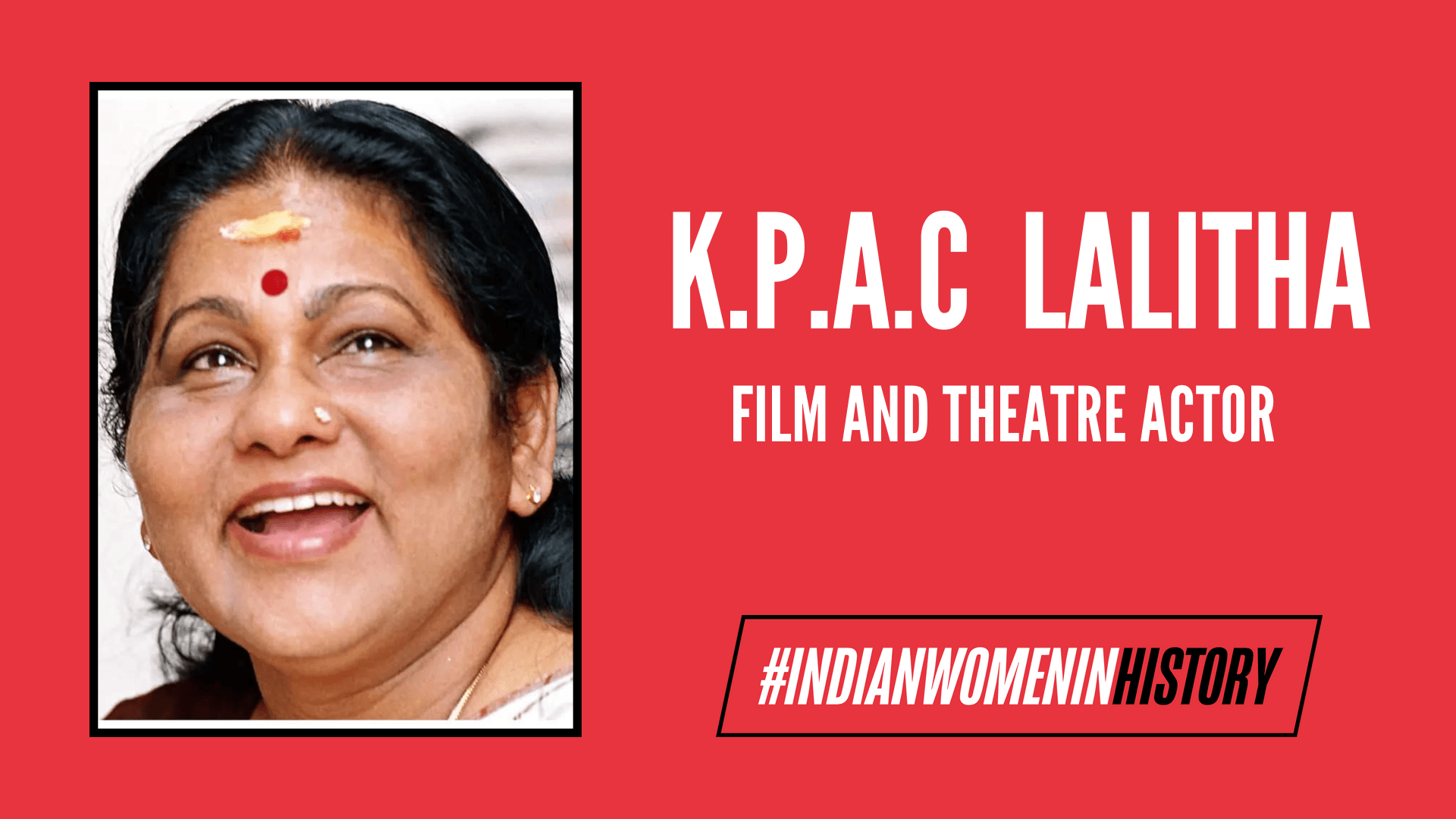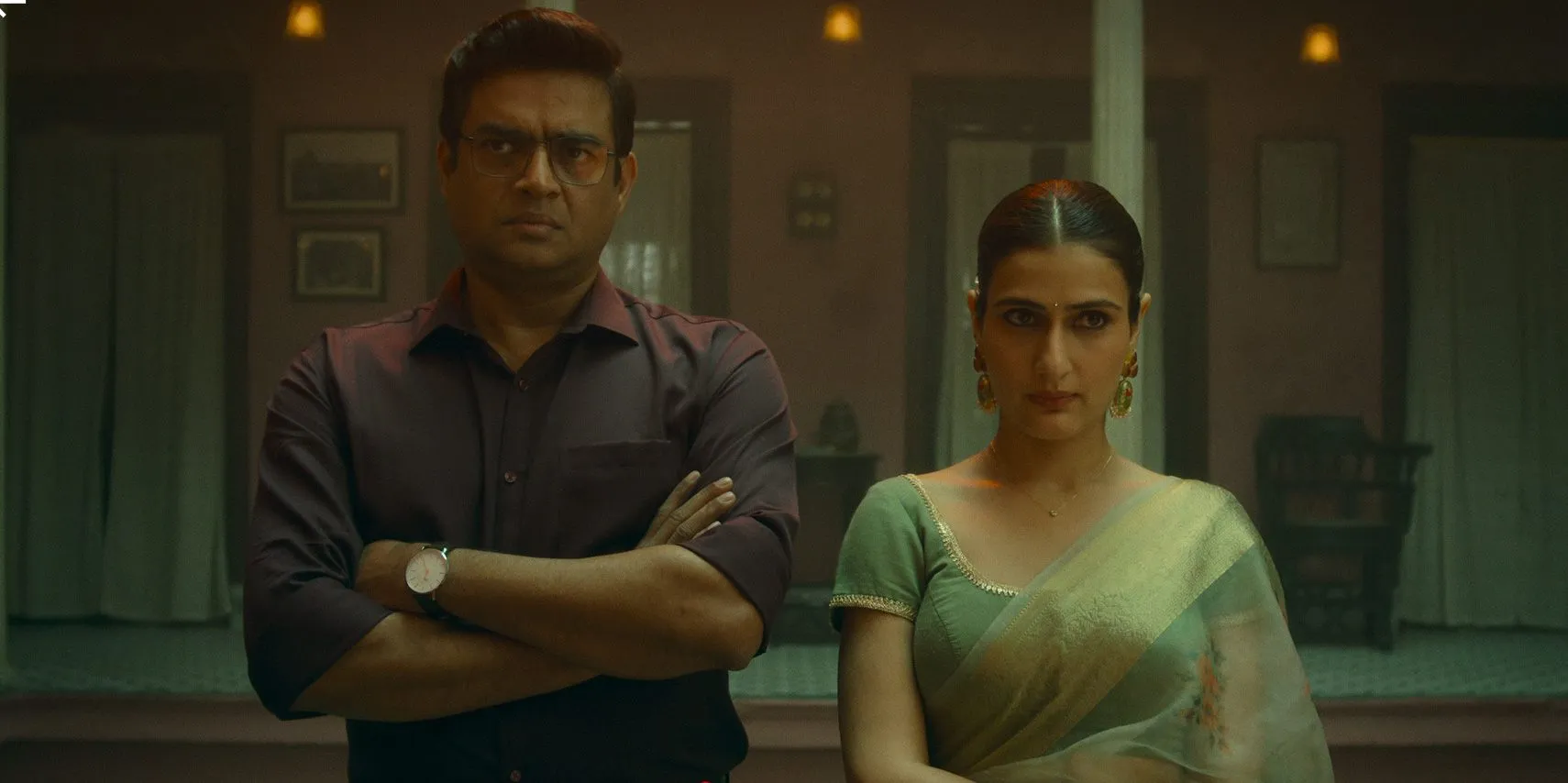Born as Maheshwari Amma in Kayamkulam, a town in the Alappuzha district of Kerala, on 14th November 1947, K. P. A. C. Lalitha had an impactful career spanning almost five decades in the Malayalam film industry. Noted as one of the most versatile actors in the industry, Lalitha was the recipient of two National Film Awards and four Kerala State Film Awards. She also went on to serve as the chairperson of the Kerala Sangeetha Nataka Akademy.
She passed away onthe 22nd of February, 2022 after suffering from a liver ailment. This piece is a tribute to the impression she has left behind in cinema and the influence her art has had on varied individuals.
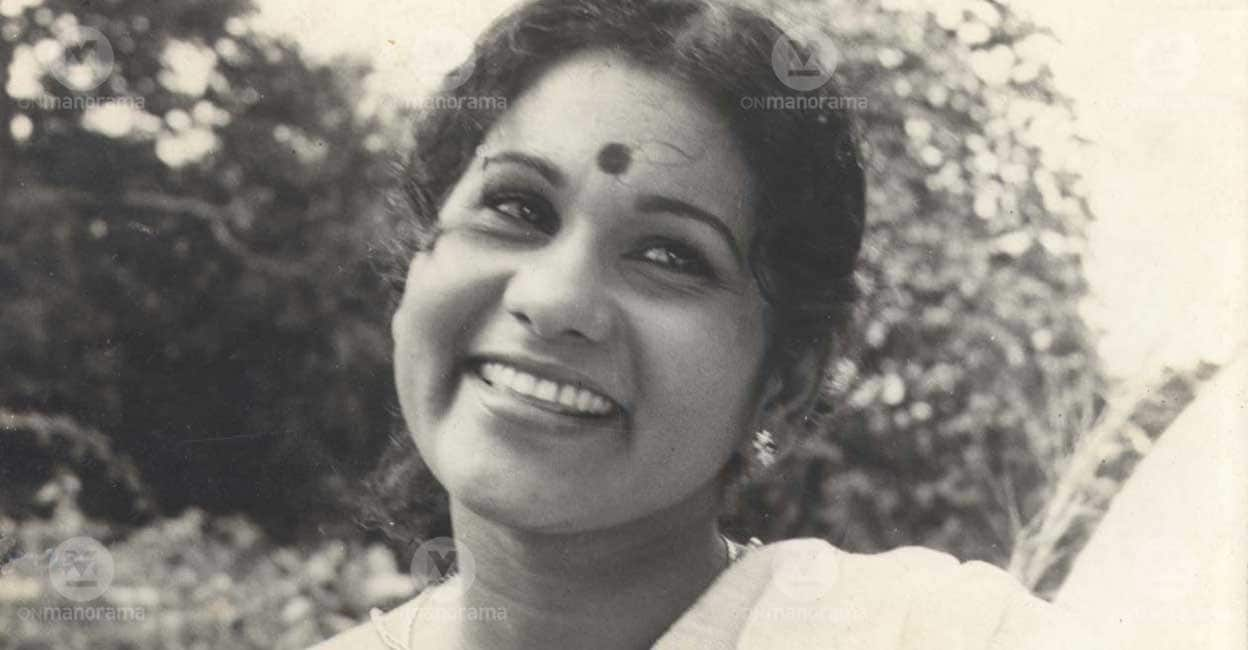
Lalitha, in her younger years, performed actively in the theatre space. She began acting in plays since she was 10 years old and went on to join the Kerala People’s Art Club (K. P. A. C), from which she got the initials assigned to her stage name, to distinguish her from other artists of the same name.
The Kerala People’s Art Club was formed by individuals who had close ties with the Communist Party of India, and the theatre club played an instrumental role in informing the people of Kerala about the communist movement. An India Today report on K. P. A. C. Lalitha discusses how proud she was of her communist connections, and had several people refer to her as ‘Comrade’. It is also believed that the late E.M.S. Namboothiripad, Kerala’s first communist chief minister, was the one to have first addressed her by using the title ‘Comrade’.
While Lalitha was showered with a successful career lauded by all in the Malayalam film fraternity, the struggles she faced in order to establish herself as an artist up until her demise is something one will know only if they were to read her autobiography: ‘Katha Thudaram’ which was published over 10 years ago
She began her acting career by starring in Kottukudumbam (1969) directed by K. S. Sethumadhavan. Academic and film theorist Meena T. Pillai writes while looking back at the veteran actor’s filmography that, “Lalitha stood out for the elan with which she played the agonies and ecstasies of being a common woman. The moral dilemmas of embracing imperfection, or the plain messiness of being ordinary, helped transform the characters she played into women of all seasons.”
Pillai also discusses the different layers with which the late actor played her characters. She writes, “In the cult classic, Manichitrathazhu, remade in multiple languages including Hindi (Bhool Bhulaiyaa), K.P.A.C. Lalitha has a small memorable scene where she narrates the spellbinding backstory of the spectral danseuse’s love life in her former birth. It is captivating to watch her face and eyes brim with the mirth of the present, while her voice conjures a ghostly presence from the past…In Adoor Gopalakrishnan’s adaptation of Vaikom Muhammad Basheer’s Mathilukal, she “acts” with just her voice, making audiences laugh and cry, nudging them to be more human, touching their hearts with the transformative potential of a love that transgresses walls and transforms prisons into veritable gardens, where roses bloom and the fragrance of humanity fills one with strange epiphanies. All this, with just the crystal stream of a voice of undying clarity, tinged with muted passions and suffused with deep melancholic notations.”
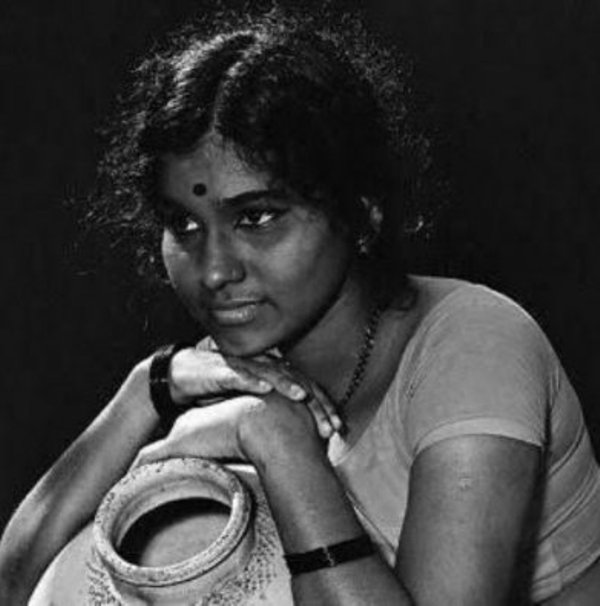
K.P.A.C. Lalitha’s range in playing varied emotions and characters elevated her as one of the most versatile actors in the industry and helped carve out a space for herself within the Malayalam new wave. Pillai, in her ode to the late actress also mentions, “She made Malayalis walk many cinematic roads, leading them up melodramatic streets in movies such as Venkalam, Amaram, Kattukuthira, Sadayam, through sad alleys in Kaattathe Kilikkoodu or Sphadikam, across by-roads of hilarity in umpteen movies such as Gandhinagar Second Street, Sandesham or through satire in Panchavadi Palam, challenging them to savour the wide spectrum of her acting prowess that went far beyond received feminine stereotypes.”
While Lalitha was showered with a successful career lauded by all in the Malayalam film fraternity, the struggles she faced in order to establish herself as an artist up until her demise is something one will know only if they were to read her autobiography: ‘Katha Thudaram’ which was published over 10 years ago.
The News Minute article on the actor and her autobiography is a useful gateway into the life of K.P.A.C. Lalitha, as narrated by her in her autobiography. The book follows a conversational style that carries along the vast emotions the actor went through growing up and after establishing herself as an actress. The article’s takeaway from the autobiography of Lalitha is that she always felt like there was something left for her to do. This dire need to be responsible, they trace to her childhood days when she as the eldest child was given the responsibility of looking after her siblings.
Even after facing more than her share of struggles K. P. A. C. Lalitha shines as a bright star in the film industry with her notable performances spanning over 500 films. Her’s is a story of a highly motivated and aspiring young girl from a quaint town and a humble family, who created a space for herself in an industry alien to her background
The anecdotes mentioned by the actor portray that she had to make a lot of sacrifices but refused to when it came to joining the Kerala People’s Art Club (K. P. A. C.). Her father’s work in the communist party and his nurturing of her artistic talents allowed her to be a part of the group. Having come from a protective family and strict parents, for Lalitha to establish herself as a bold persona commanding the attention of her viewers was not an easy task.
The article mentions a section where Lalitha recalls being naïve and scared of entering into films, but with the help of director Sethumadhavan (Kottukudumbam 1969), she settled in and slowly transitioned from theatre to cinema.
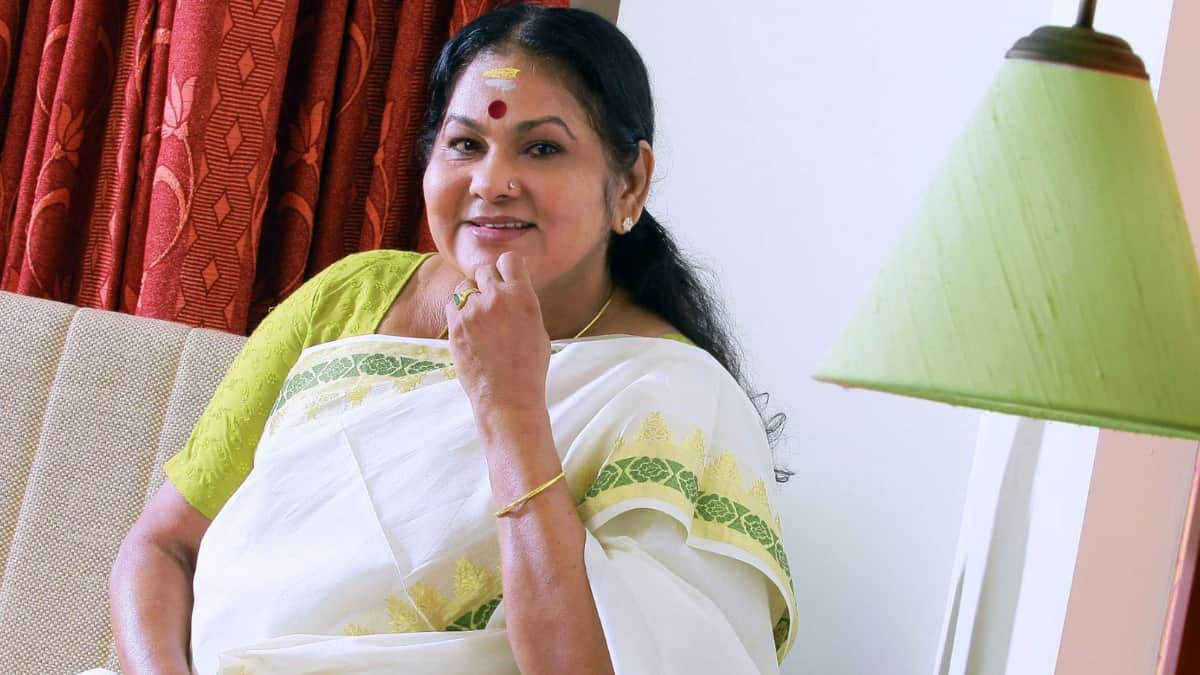
The autobiography also mentions her relationship and eventual marriage with popular Malayalam director Bharathan. She is said to extensively talk about Bharathan’s works over her own: “It is like she sidelined herself in her book, a practice she followed in her life, placing Bharathan and his needs before anything else.”
K.P.A.C. Lalitha also mentions, more as passing statements, Bharathan’s drinking habits, adultery, and insulting her in public. The article notes that the tone she adopts is not that of a complaint but that of a “bemused parent, brushing it all off as the pranks of a silly teenager.” She also took a significantly long break from her acting career to manage her family and household affairs, but fortunately for her audience, returned to give stellar and memorable performances.
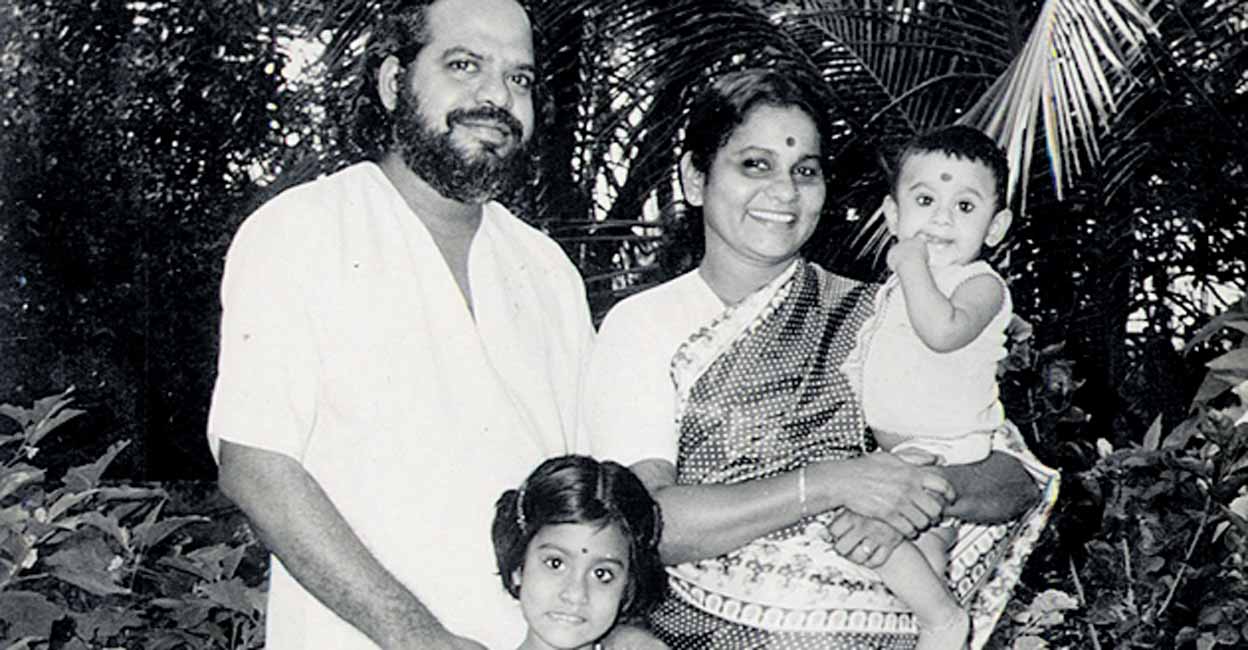
Even after facing more than her share of struggles K. P. A. C. Lalitha shines as a bright star in the film industry with her notable performances spanning over 500 films. Her’s is a story of a highly motivated and aspiring young girl from a quaint town and a humble family, who created a space for herself in an industry alien to her background.
She negotiated her position and did not let her strict upbringing to hold her back from achieving the success she did, and rather pushed herself to strive towards achieving her one true interest – being an artist. Her autobiography is a powerful document in which she discusses the reality of her struggles with her audience, allowing them to connect more with her, while also owning her identity through pen and paper by carving out a space to finally express herself with the freedom she always sought.
About the author(s)
Arundhati Narayan is passionate about research and is
